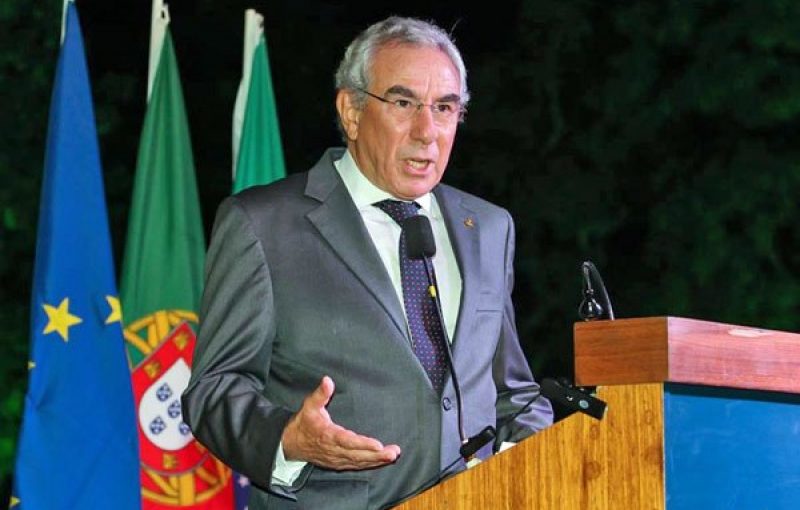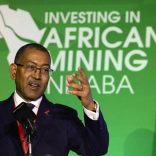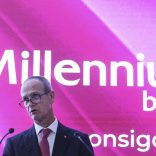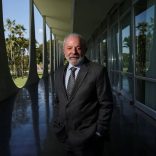Portugal: New EU border control system starts on 12 October for non-EU citizens
”Portuguese will increasingly be an African language”, says Telles

Francisco Ribeiro Telles - Executive secretary of the Community of Portuguese Speaking Countries
Francisco Telles’ first official commitment at the head of the CPLP will be the inauguration of Jair Bolsonaro on January 1, 2019 in Brazil.
Telles has told DW that he wants to increase the “projection of Portuguese in the world”.
Telles took office as Executive Secretary of the Community of Portuguese Speaking Countries (CPLP) on December 15, 2018.
He said he would take advantage of the occasion in Brasilia to establish the first contacts with the new Brazilian Government, “eventually with the President and the new Foreign Minister”.
“I think Brazil is a very important country for the CPLP and I think it will continue being,” he says.
Projection of the Portuguese language
Francisco Telles, the former Ambassador of Portugal, will be in office until December 31, 2020. He has, therefore, two years to achieve one of his main goals – to strengthen Portuguese on the international scene.
“The CPLP is going to be more and more important in the future,” he said. “The numbers for the projection of the Portuguese language in this century are impressive.”
By the end of this century, probably 500 million people will speak Portuguese, especially in Africa.
For Angola and Mozambique, Portuguese will increasingly be an African language, says Telles, adding that one of his priorities will be “to equip the CPLP with the instruments necessary for the projection of Portuguese in the world”.
Telles also wants to strengthen the ties of the Community with African countries.
In this regard, he said he was satisfied with “the fact that Angola takes over the presidency of the CPLP, for a term of two years, from 2020”.
“Angola is a very important country for the CPLP and I was very pleased to see its commitment to play a more active role in the CPLP,” Telles says.
Free circulation
Another objective of Telles is to “take the first steps” towards free movement between the countries of the Community.
He acknowledges that this will not be an easy task and that there are some obstacles that have to be overcome.
Telles explains that this is a “complex issue”, as there are “very different legal regimes” in the various countries.
“There is always resistance from some sectors to moving towards a broader and more complete mobility. I predict that it will not be an easy process,” says Telles, adding that in the first phase, the organisation should start working on “residence permits for certain sectors such as academic and cultural”.
“It has to be step by step. We cannot build global and ideal solutions when we know that this is not possible,” he explains.
On this subject, Telles also leaves an appeal: “For the CPLP to function as a space for citizenship, citizens have to perceive the CPLP as a forthcoming organisation.”
Sanctions
Asked about the possibility of the organisation imposing sanctions on State members, Telles explains that the “CPLP is an intergovernmental organisation where decisions are taken by consensus”.
In this sense, he adds, “the foundations of the organisation do not point in this direction [of sanctions].
“The CPLP incorporates Human Rights as an essential value of its legal personality, but it does not give moral lessons to anyone,” he concludes.
DW Africa recently spoke with the former CPLP executive secretary on this subject.
Like Telles, Maria do Carmo Silveira also explained that the organisation does not have mechanisms to force any State to comply with decisions.












Leave a Reply
Be the First to Comment!
You must be logged in to post a comment.
You must be logged in to post a comment.